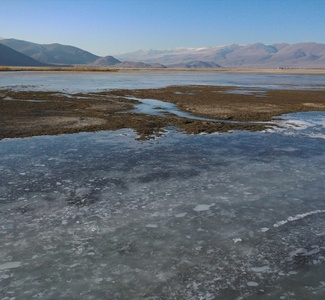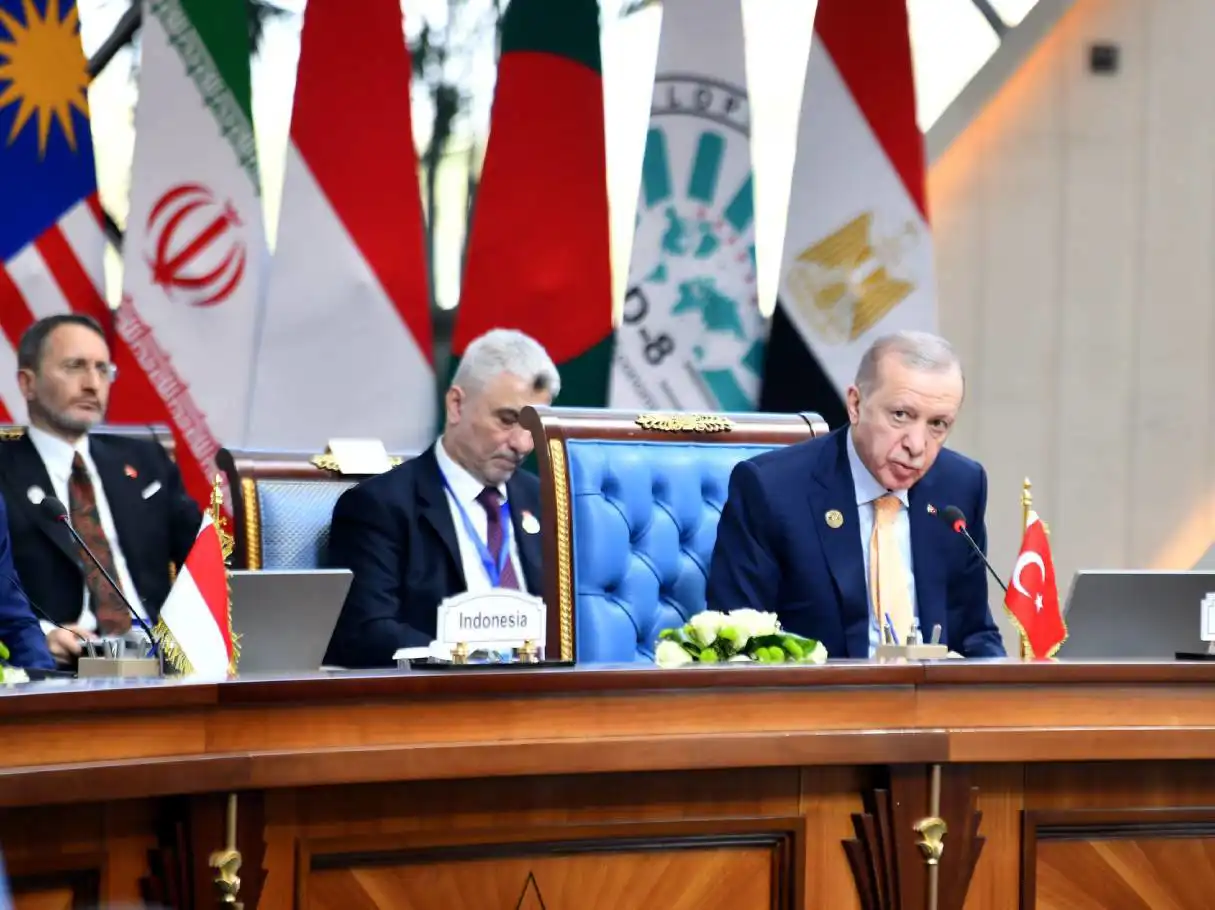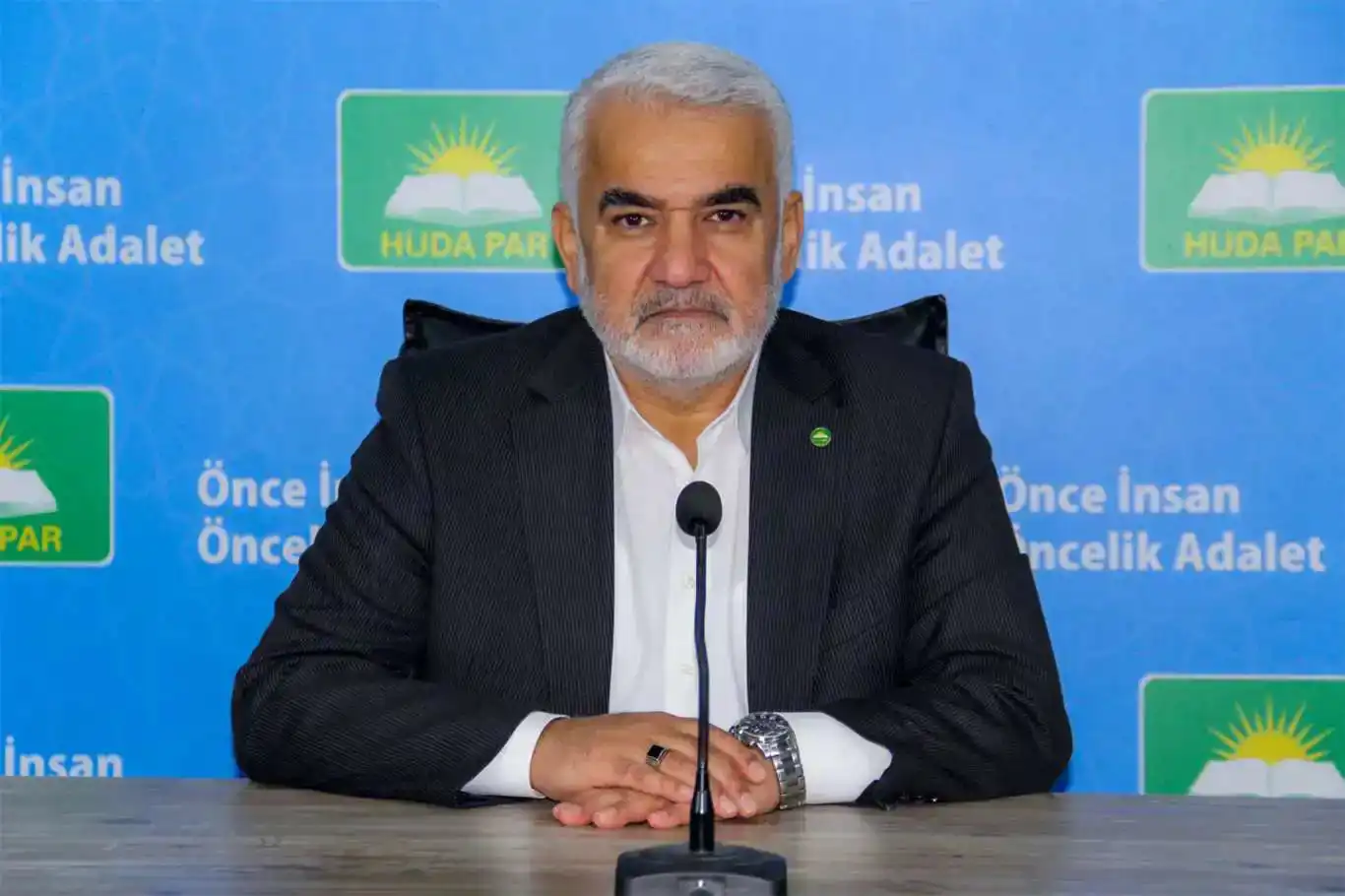WHO declares monkeypox no longer a global public health emergency
The World Health Organization (WHO) has declared that monkeypox is no longer a global public health emergency, almost a year after the alert was raised.

 Google News'te Doğruhaber'e abone olun.
Google News'te Doğruhaber'e abone olun. The virus still poses a threat, and further outbreaks are possible, but the WHO no longer considers it to be at the highest level of concern.
Tedros Adhanom Ghebreyesus, the head of the WHO, stressed the importance for countries to maintain their surveillance and response capacities, and to continue to integrate monkeypox prevention and care into existing national health programs to address future outbreaks.
Monkeypox can be transmitted through close contact with an infected person.
During the global outbreak, 87,000 cases and 140 deaths were reported in 111 countries. However, the number of cases has decreased by almost 90% over the last three months compared to the previous three months, indicating that the highest level of alert is no longer necessary.
What is monkeypox?
Human monkeypox was first identified in 1970 in the Democratic Republic of the Congo (formerly Zaire), and sporadic cases have since been reported in several Central and West African countries. The virus is believed to be transmitted to humans through contact with infected animals, such as handling the meat of infected animals, close contact with infected animals, or through bites or scratches from infected animals.
The symptoms of monkeypox in humans are similar to but milder than smallpox. They typically include fever, headache, muscle aches, backache, swollen lymph nodes, chills, and exhaustion. A rash then develops, often beginning on the face and subsequently spreading to other parts of the body. The rash progresses through different stages and eventually forms fluid-filled blisters, which later scab over before healing.
Monkeypox is generally a self-limiting disease, meaning it resolves on its own without specific treatment. Supportive care, such as pain relief, fever-reducing medications, and good hygiene practices, can help manage the symptoms and prevent secondary infections. In rare cases, severe forms of the disease can occur, particularly in individuals with weakened immune systems.
The transmission of monkeypox between humans is generally rare, but it can occur through direct contact with bodily fluids, respiratory droplets, or contaminated objects. However, sustained human-to-human transmission is infrequent, and the disease tends to be less severe than smallpox.
To prevent monkeypox, it is important to avoid contact with wild animals, particularly those showing signs of the disease. In affected areas, public health measures may include surveillance, isolation of cases, contact tracing, and vaccination campaigns to limit the spread of the virus. (ILKHA)



















































